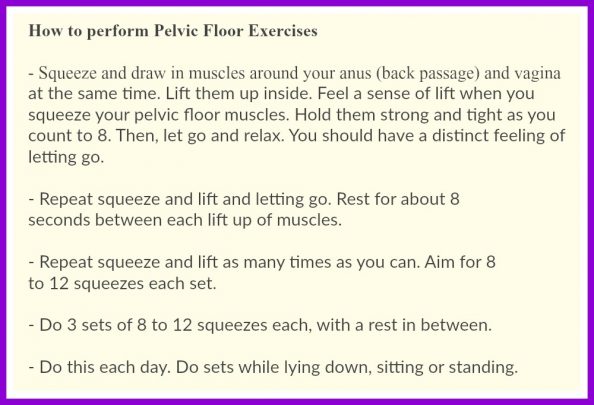
Millions of Australian men and women are mistakenly ignoring their incontinence because they believe it’s a normal part of ageing, says the Continence Foundation of Australia (CFA).
About 4.8 million Aussies are living with the condition and failing to seek treatment or do vital exercises that could eliminate the problem.
Sue Blinman, national continence helpline manager at the CFA, says women in particular need an attitude change.
“A lot of people think it’s inevitable; ‘I’m female, I’m over 60, what do you expect?’,” she told Starts at 60.
“Many women just ignore it to the stage where they become anxious about it and stressed and they refuse to go out and live their life because they’re incontinent and they don’t seek treatment early enough.”
“You want to be able to go out and not have to worry about thinking ‘where are the toilets?’, or ‘am I going to wet myself?’.”
Eight of 10 women surveyed by the CFA admitted they failed to seek help for their light bladder leakage and laughed it off as a side affect of pregnancy or age instead.
While bladder leakage can be caused by both, Blinman says it’s incorrect to think it is “normal”.
“It’s no joke, people like to laugh it off, but it’s very treatable.”
One of the most effective ways to treat incontinence is with pelvic floor exercises (PFE). While most people have heard of them, the vast number of Aussies don’t know how to perform them correctly and can end up doing more damage to their pelvic muscles in the process.

Blinman recommends seeing a continence physiotherapist, who will teach you how to engage your muscles properly and improve your core strength.
“A lot of people, instead of contracting and pulling up, they are bearing down and forgetting to breath,” she said, adding that it’s not just women who can benefit from PFEs.
“It’s fantastic for your sex life too,” she explained.
“It’s great for blokes with their erections and it’s great for women too, so why wouldn’t we want to improve it?”
Blinman says it can take about six to eight weeks to start building strength in your pelvic floor and notice a difference in the amount of leakage you have every day.
“A lot of people say ‘I can’t do it’, but you’re already using your pelvic floor muscles every day, it’s just about bringing it to the fore and using them consciously,” she says.
“Eventually it becomes habit and you’ll do it when you sit, stand, cough, or sneeze.”
June 19-23 is national continence week. You can call the CFA Helpline on 1800 33 00 66 to speak to a nurse and receive advice on treating incontinence.